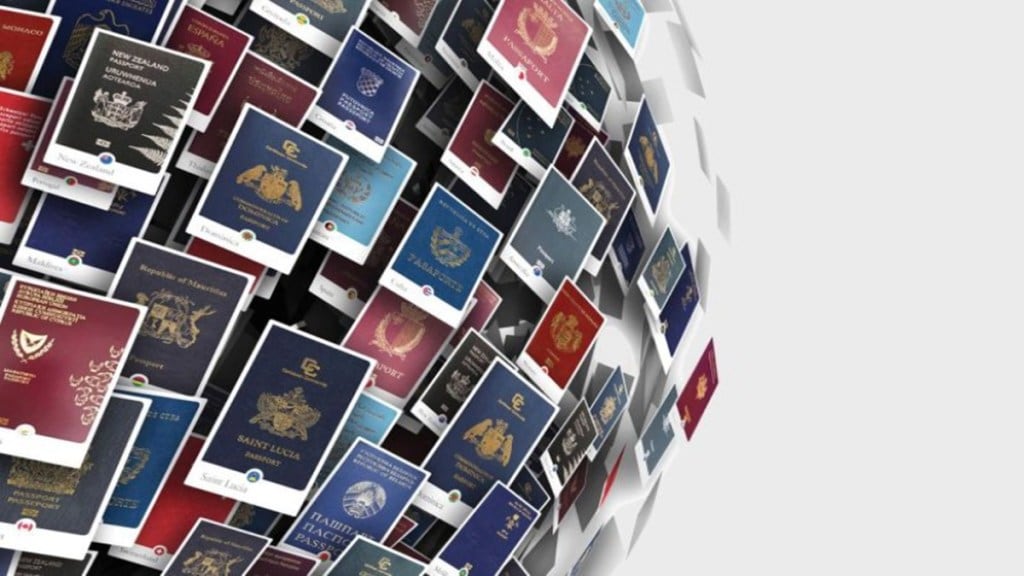Golden Visa Programs: According to a Financial Action Task Force (FATF) report, citizenship by investment (CBI), also referred to as a ‘golden passport’ protects criminals from extradition and prosecution while enabling them to conceal their wealth in the nation of their choice.
This is the conclusion drawn from a recently released FATF-OECD joint project that examines the financial crime and money laundering risks connected to CBI/RBI programs, including those involving foreign bribery, fraud, and corruption, as well as their effects on public integrity, taxation, and migration laws.
Government-managed programs known as “citizenship and residency by investment” (CBI/RBI) offer citizenship or residency to foreign investors by accelerating or avoiding the regular immigration procedures. Golden passport programs give wealthy individuals the opportunity to move abroad more quickly by investing a significant amount of money in the nation they wish to call home. Usually, the host nation imposes requirements that must be fulfilled, like constructing low-income housing or a factory with a minimum number of jobs.
“Granting citizenship and residency to wealthy investors through ‘golden’ passport and visa programs can potentially lead to economic growth. But they can and are being exploited by criminals and the corrupt, who want to launder their money hide their identity and assets, or carry out further crimes. This report calls on governments operating these programs to implement a variety of safeguards to ensure these programs are administered in a risk-sensitive way,” says FATF President T. Raja Kumar.
According to the report, when properly run, CBI and RBI programs can be advantageous to both the host nation and the individual, but in reality, they carry a high risk of fraud, money laundering, and other abuses. Citizenship and residency by investment (CBI/RBI) programs are attractive to criminals and corrupt officials seeking to evade justice and launder the proceeds of crime amounting to billions of dollars.
The report highlights how CBI programs can help criminals conceal their identities and criminal activity behind shell companies in other jurisdictions, giving them greater global mobility. It draws attention to the weaknesses in these intricate and global investment migration programs, such as the regular use of intermediaries, the participation of several government agencies, the misuse of the CBI/RBI programs by professional facilitators, and the inadequate governance of these initiatives.
“Criminal exploitation of citizenship and residency programs is a multi-billion-dollar business to launder the proceeds of fraud and corruption, evade justice, or access third countries. Our joint FATF-OECD work identifies the risks and vulnerabilities around golden visa schemes and offers a series of mitigation measures to help policymakers and program operators including appropriate due diligence, transparency, and integrity mechanisms,” says OECD Secretary-General Cormann.
The Caribbean countries have long been favored, especially by affluent Americans, not only for the lifestyle options they provide but also because their minimum investment requirements are the lowest of all programs.
The Caribbean nation offers more reasonably priced citizenship as well, with an initial $150,000 investment needed to become a citizen.


